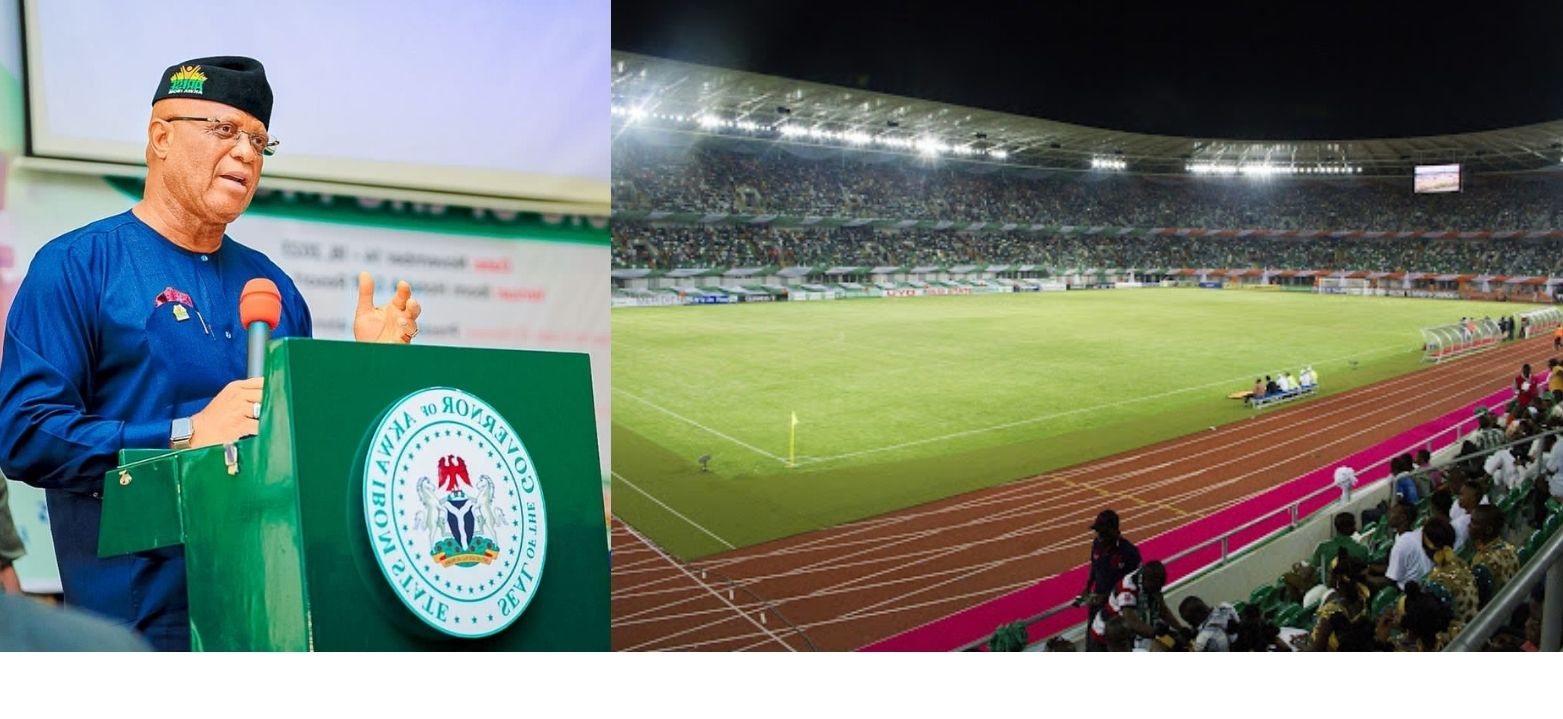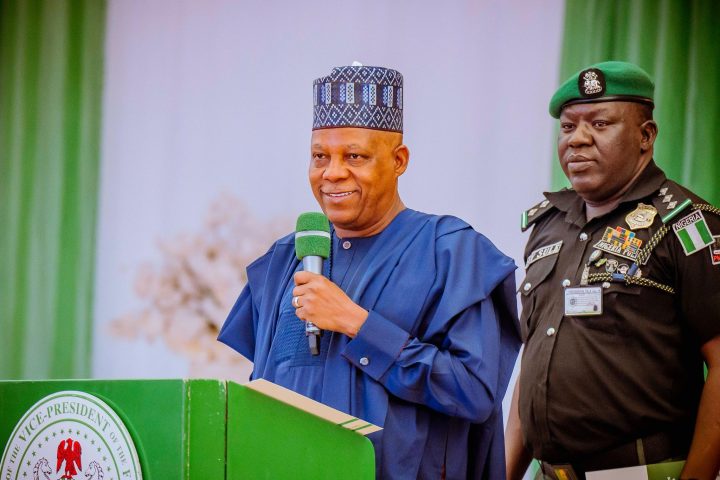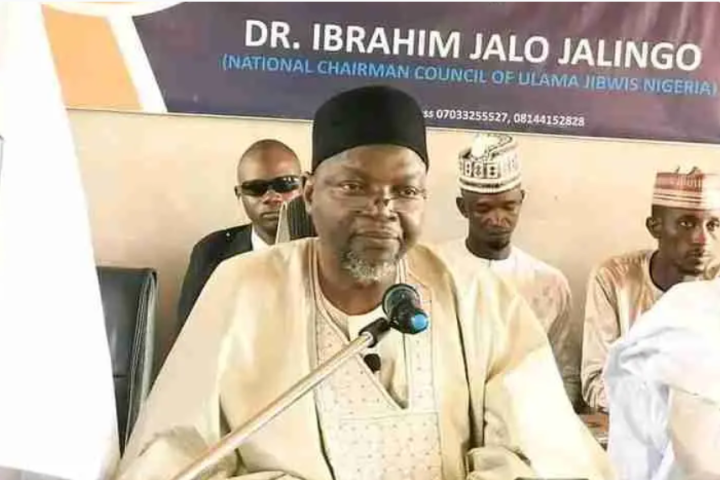Akwa Ibom State government has the largest social welfare programmes in almost every sector in the country, but adding free football tickets could be counterproductive. The government provides free education for all primary and secondary school students with free books, and this has been going on since 1999. It pays about N700 million yearly as WAEC fees to its students and, in addition, there’s a scholarship and bursary scheme for university and polytechnic students. Gov. Umo Eno has increased the bursary to N100,000 per student from what his predecessors offered. He is also extending generous financial help to all students with disabilities, including those who are not from the state as recently published lists of beneficiaries indicate. In terms of medical care, is free health care to pregnant women and children under five years of age. Women who have multiple births are also generously provided for. The government also routinely sponsors people on pilgrimage to Israel. It is common to see some persons with the suffix ‘’JP’’ attached to their names. It stands for ‘’Jerusalem Pilgrim’’.
The current governor has gone a step further to provide free food stuffs to thousands of the very poor across the state. A new body known as Akwa Ibom Bulk Purchase Agency has been set up by law to drive the program whose aim is to offer succor to vulnerable citizens facing hard times. The Umo Eno administration has also introduced a free housing scheme to widows and the poor. Known as Arise Shelter Initiative, the scheme plans to deliver 100 homes for the poorest of the poor in the 31 LGAs. The gesture was first introduced by Mrs Unoma Akpabio as a pet programme of her NGO when her husband was governor, but the incumbent governor has upgraded it into a government programme.
Join our WhatsApp ChannelIt all started when Gov. Eno watched a video of a young girl celebrating completion of her NYSC with her aged father at home in Obubra, in neighbouring Cross River. Reports say the governor was so moved by the wretchedness of what passed as her family home that he ordered a brand new three-bedroom house to be built for her father.
Civil servants are not left out. Some 150 of them are getting free housing units out of the 236 apartments being built at Grace Housing Estate in the outskirts of Uyo.
Of all these, I detest pilgrimage sponsorship and offering free football tickets whenever the Super Eagles play at the state-owned Godswill Akpabio Stadium. It happened last Friday when the national team played against South Africa in a 2026 World Cup Qualifying game. The three categories of tickets cost N1,000; N2,000 and N3,000. These are quite affordable to the people, but the government chose to pay over N40 million to the NFF to buy off the tickets and fill up the 30,000 seats in the iconic stadium. This is an ill-advised policy that was started by the Akpabio administration. Gov. Udom Emmanuel continued with it and now it would seem that it has become an agenda of the government. Over N600 million might have been spent on free tickets since the stadium was built ten years ago. We have to scrub the practice because the disadvantages are many.
READ ALSO: Battle Of Uyo: Super Eagles Eager To Maintain Record Against South Africa
In the first instance, watching football games (or any other games) at the stadium is a luxury pastime. It is not a necessity that the poor has to have to survive. It is therefore wrong for the government to fund a hobby or lifestyle for a people who can afford it. Second, the tickets are quite affordable and football fans in the state and neighbouring states can afford them. Third, by asking Akwa Ibom people to go watch the games free, the government is unwittingly shutting out those who are able and willing to pay for the tickets, including hundreds of fans who would have come from Calabar, Benin, Aba, Port Harcourt and other places with enough money to buy the tickets and spend on hotels accommodation. Think of the economic benefits lost. By hosting the UEFA Championship league final last week at Wimbledon, the London economy is said to have gained $68 million.
Putting people on football welfare encourages indolence and is antithesis to basic economics and business principles. I understand the assumptions behind this practice. Football is the people’s favourite hobby, and whenever the national team is in an international competition, it deserves our support at the stadium. The government probably believes that the people are too poor to afford N1,000 ticket; and that it owes us a duty to provide the opium that football matches have become in these difficult times. That’s not true. Truth is the games are organized by FIFA and it is the duty of the NFF to market and sell the tickets. Akwa Ibom government has done enough by providing the stadium free to the NFF who should actually be paying handsomely for its use. The stadium was built at a great cost and is maintained expensively by international facility managers. That is why it is still as beautiful as it was when it was completed in 2014. This is not your typical federal government assets that are rotting away all over the country because of quota-driven incompetence. Akwa Ibom has done well for itself in just 15 years. We have an iconic stadium; we have a splendid airline; we have our own airport, with a first-class international terminal and an MRO soon to be put to use. We must benefit from these assets.
Football is a huge global business. It was wrong to have started this football welfare. Now, it may be difficult to wean the people off it, but we must do it. I implore the government to engage a reputable marketing communication firm to drive corporate advertisements for the stadium, and discontinue to the practice of giving out free football tickets. Interested fans can buy for themselves.

Etim Etim
ETIM ETIM is a journalist, banker and author. He has been a member of the Editorial Board of The Guardian, a Regional Manager in Access Bank and is currently a Columnist in Prime Business Africa, The Cable and Businessday newspapers.
He is also the Chief Executive of Stein Meyer Communications, a major media consultancy and the author of the best-selling book, "Akwa Ibom Heroes: Inside Story of the Fight for Abrogation of Onshore-Offshore Oil Dichotomy" and co-author of another book, "Osinbajo Strides: Defining Moments of an Innovative Leader".


















Follow Us